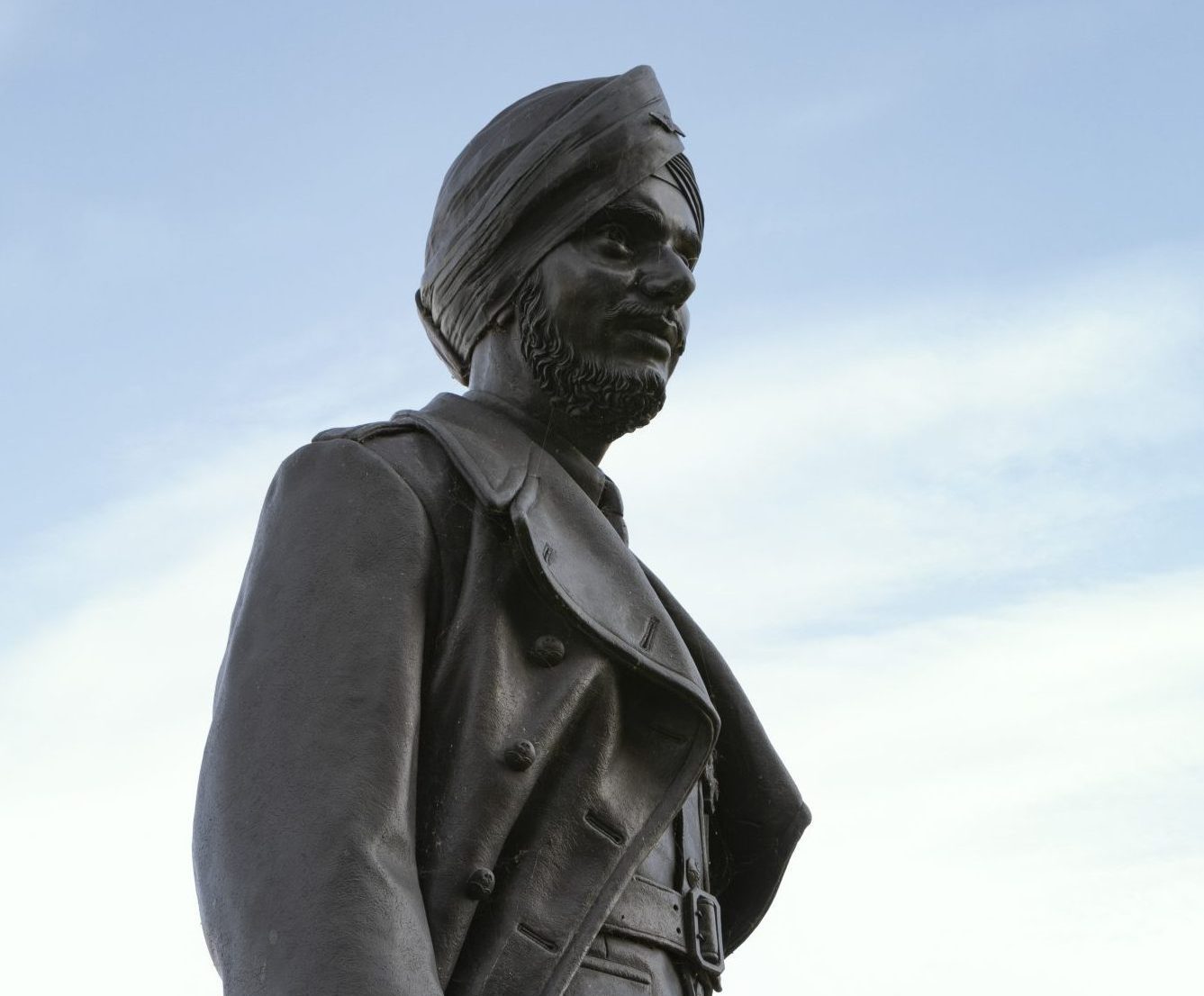As we begin the new year, it is of course the usual time to look forward, to set out goals and hopes for the months to come.
Published date: 26 January 2021
While we have many exciting projects and plans in the pipeline that we are looking forward to sharing with you in due course, we are mindful that for many, January 2021 does not feel like a big leap forward into a brave new world, but rather more like Groundhog Day, stuck as we are in the midst of another national lockdown here in the UK.However, while some developments may be stalling or in stasis, others are gaining momentum. We have been thinking how it seems that society may need art even more now than ever before to enable us all to process and heal from the world-shifting events of 2020.
We have recently been inspired by listening to this episode of The Art Newspaper podcast which discusses the removal of a Confederate statue from the Capitol building two weeks after it was attacked by right-wing mobs. And also this episode of The Developer podcast, where Christine Murray talks with the Mayor of Bristol, Marvin Rees. As part of their wide-ranging conversation about development, they discuss the removal of the Colston statue in Bristol during the Black Lives Matter protests, and the renaming of Colston Hall. At one point Rees says: “It’s about what we choose to remember, what we choose not to remember. But we have to have that fuller understanding of who we are, before we can get into that conversation. We need to tell the fuller story of our places.”
Of course, telling stories of places is core to our work here at FrancisKnight. How we use art to remember people and events – for better or worse – is a question we need to give thought to – and Black Lives Matter and the pandemic are both recent experiences that have brought this issue to the fore. To what extent should a memorial be about commemorating those we have lost and reflecting on the past and how much is about celebrating the living and looking to the future and who we are now or want to become? It is interesting to note how there is a tradition of creating memorials to enable the living to heal and enable life to flourish for the next generation as much as to commemorate and mourn the loss of the last.
Sadiq Khan, the Mayor of London is commissioning a memorial garden to be created in the Olympic Park that commemorates the thousands of Londoners who have died due to COVID. 33 blossoming trees will reflect each London borough and will form the centre piece of the garden, which will be open to the public. “This public garden of blossom trees will be a permanent reminder of the lives that have been lost, a tribute to every single key worker, and a symbol of how Londoners have stood together to help one another.”
Our experience commissioning the Pujji Memorial in Gravesend and more recently producing a sculptural seat and waymarkers for an individual who was sadly lost to Covid, has taught us a few key points that are important to consider when commissioning memorials. Firstly, listen, to a community, relatives or colleagues. Secondly, approach a memorial commission with compassion and give it time. Thirdly, be considerate when thinking of a location and give a memorial space so that people can spend time to reflect. Finally, be aware that this is an emotive subject. At FrancisKnight we work with artists to consider a celebratory approach, to help commemorate and pay tribute. It is always a privilege to be engaged with commissioning memorials that can strike a balance between the personal and the public.
